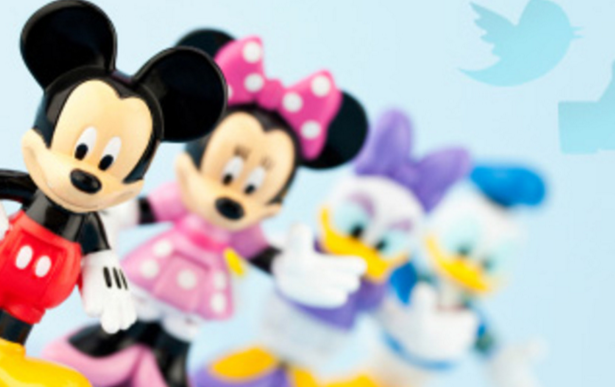Tag: special needs

Disney’s WOW Customer Experiences: 7 Ways You Apply the Secrets
Have you been to a Disney resort park? How about a visit to Disney World in Florida? With most of our family living 50 miles away, we often felt like tour guides. Not a bad thing though. Lots of businesses apply Disney’s WOW customer experiences and operations. We use many of them with our clients. They…